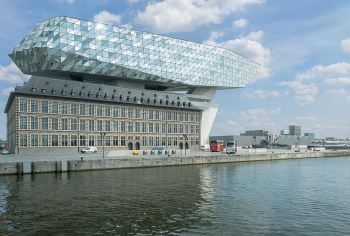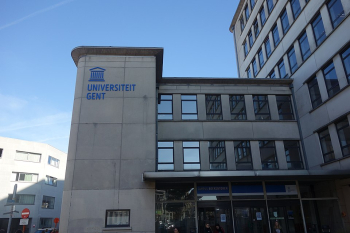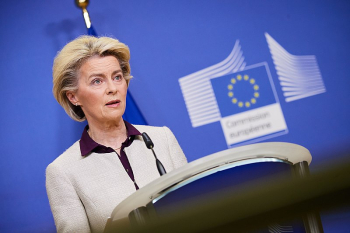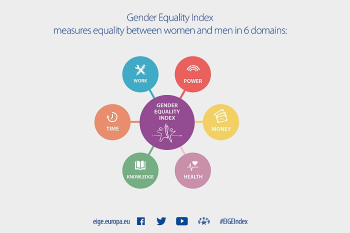
The European Commission has proposed a financial package of €2.7 million from the European Globalisation Adjustment Fund for Displaced Workers (EGF) to assist 365 workers
who were dismissed by the Belgian retail chain Match-Smatch.
In June 2024, Belgium requested EGF support to help workers in the Walloon region who were affected by the company's layoffs. The majority of these workers are lower-skilled and over 50 years old, a demographic that typically faces greater challenges in re-entering the labor market in Wallonia.
The EGF funding will be allocated to provide various forms of support, including career counseling, job search assistance, and vocational, digital, and language skills training. Workers will also receive guidance on starting their own businesses, along with start-up grants of up to €15,000. Employers who hire former Match-Smatch employees will be eligible for hiring incentives. Additional allowances will be available for those engaged in job search, training, or education programs, and self-employed individuals will receive financial support during the initial months of starting their businesses.
The total estimated cost of the support measures is €3.1 million, with 85% (€2.7 million) funded by the EGF and the remaining 15% (€469,688) covered by the Walloon region. Belgian authorities have already begun offering support to eligible workers.
The Commission's proposal now awaits approval from the European Parliament and the Council.
Background
In 2022, Match-Smatch launched a plan to reduce losses and regain financial stability, but the strategy was unsuccessful. To minimize further losses, the company sold two-thirds of its stores to other retailers, resulting in the dismissal of workers from the remaining unsold stores and the head office.
Belgium requested EGF co-financing to support the laid-off workers in Wallonia, particularly in the regions of Hainaut, Liège, and Namur.
Under the EGF regulation for 2021-2027, the Fund helps workers and self-employed individuals who have lost their jobs due to significant and unexpected restructuring events. Since its inception in 2007, the EGF has provided €696 million across 180 cases, aiding more than 169,000 people in 20 Member States, complementing national labor market initiatives.

















